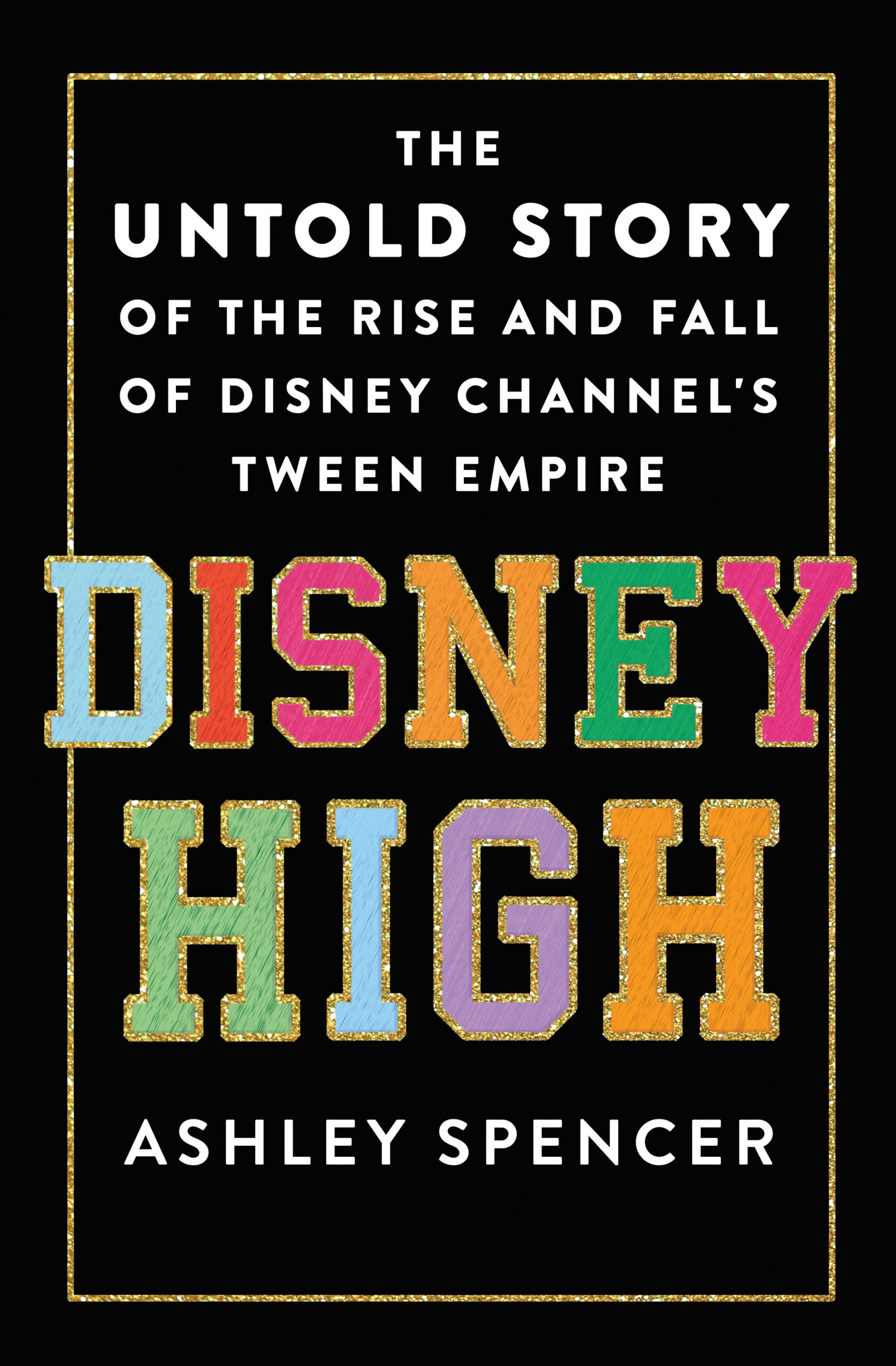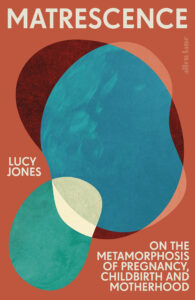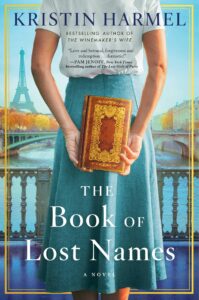
Rating: ★★★★★ (5/5)
Author: Ashley Spencer
Genre: Pop Culture History / Entertainment Business / Oral History
Ideal For: Millennials who grew up with Disney Channel, pop-culture enthusiasts, anyone curious about corporate storytelling and child stardom
Why I Picked Up Disney High
If you came of age during the mid-2000s—binging Lizzie McGuire, High School Musical, or singing along to “Best of Both Worlds”—Disney High is your perfect time capsule. Written by culture journalist Ashley Spencer, the book offers a smart, affectionate, and candid account of how Disney Channel transformed from a niche cable arm into a global tween powerhouse.
Plot Summary (Spoiler-Free)
Spencer charts Disney Channel’s journey from its 1983 launch (primarily animation and old Disney movies) to its superstar era in the 2000s.
The turning point? Lizzie McGuire and Hilary Duff—suddenly, teen sitcoms and cross-platform stars became central. Disney responded with serialised content: That’s So Raven, Even Stevens, then franchises like High School Musical and Hannah Montana. Through creative clashes, executive battles, star rivalries, and behind-the-scenes drama, Spencer examines both the exhilarating highs and the costly pressures that accompanied the empire’s rise and fall.
Why It Works So Well
1. Nostalgia with Nuance
This isn’t a glorified fan reverie but a smart recreation of the era. Spencer organises chapters by show so you get compact, vivid portraits of each franchise. She captures the magical chemistry of stars, while balancing cute set anecdotes with sobering realism: Raven-Symoné’s early body image editing, feuds like Hilary Duff vs. Lalaine, or Demi Lovato’s dismissal after a jet fight.
2. Insider Access That Actually Feels Insider
By interviewing writers, wardrobe assistants, creators, and other behind-the-scenes players, Spencer gains raw perspective. She reconstructs the simmering tension in writers’ rooms, the corporate power plays, and the unexpected consequences of fame, making the narrative feel authentic and fully immersive.
3. Balanced: Times of Magic, Moments of Meltdown
While celebrating the jump-to-stardom moments (High School Musical selling 90 million albums, Hannah Montana magic), Spencer also pauses on darker turns—child-star pressures, MTV controversy, Disney’s inability to support mental health crises. The result is full-spectrum storytelling that is bright and entertaining, but not flinching.
4. Business as Drama
Disney Channel wasn’t just about screens. It was a meticulously controlled merchandising, touring, and music machine. Spencer smartly interweaves Disney’s music-label moves, cross-promotional strategies, and internal siloes, turning corporate shifts into emotional and dramatic tension.
5. Nostalgic Yet Not Naïve
Fans will be transported, but won’t be lulled into blind fandom. Spencer celebrates the Dee-tabs—the campy wizardry—as much as she acknowledges shadows: image control, burnout, and scandal. She critiques without condemnation, admiration without overlooking consequences.
Where The Book Might Not Land
- Abrupt Ending: the final chapter concludes without a sweeping epilogue—it doesn’t fully trace Disney’s post-tween evolution.
- Scandal-Light by Design: If you expected exposé-level scandal, this isn’t it. Spencer focuses more on system dynamics and creative tensions than sensational tabloid moments. It’s balanced and intentional.
You’ll Love This Book If You Enjoy…
- Pop culture histories like Daisy Jones & The Six (the nonfiction kind)
- Deep dives into how Happy Accidents become global cultural moments
- Nostalgia tempered with thoughtful critique
- Corporate workplace drama, pixelated in glitter and teen stardom
Final Thoughts: A Must-Have for Disney Dems
Disney High feels like a reunion with your childhood—relived and then unpacked. It captures the thrill of the tween years (Lizzie McGuire, Zoey 101!), balanced by the weight of the industry behind the scenes. Spencer’s strength lies in her curiosity and restraint: the book never feels exploitative, only engaging.
The final pages leave you nostalgic but more informed. You’ll be fully aware that magic sold millions, but it came with costs many tween idols paid without warning. It’s a story of ambition, innocence, and the corporate engine that powered it all.
This is a five-star read for anyone who danced around the living room to High School Musical or marvelled at Hannah’s double life. It’s an affectionate, complex, and thoroughly entertaining ode to an era when Disney felt all-powerful—and deeply human.


